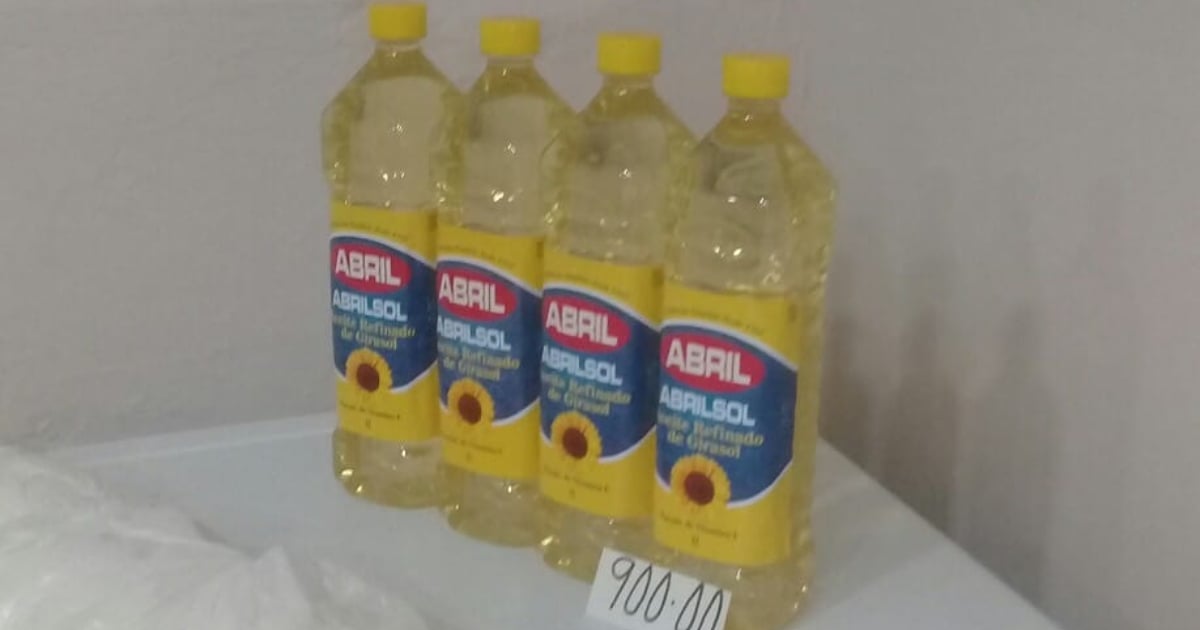
Just one day before the entry into force of a measure that would greatly ease the pockets of its citizens, the Cuban government revoked the decision to cap retail prices for a group of products marketed by the private sector.
The initiative, which was supposed to take effect on July 1st, aimed to limit the maximum costs allowed for cut chicken, edible oil, powdered milk, sausage, pasta, and laundry detergent.
From the social network Facebook, various state entities announced the decision, alleging that it is the result of analysis and exchanges between government representatives and non-state management forms, while indicating the continuity of dialogues.
"The analysis and exchanges with the FGNE are being maintained, until prices are agreed upon," points out a publication from the Inspection Directorate of Pinar del Río on the social network, while informing that "the municipalities that published the new prices based on the analyses carried out with said actors, are null and void for their application."
The reversal of this measure only demonstrates the missteps of the Cuban regime, which initially not only announced the list of prices but also the sanctions established for those who invested in a violation: fines of up to 8,000 CUP and even withdrawal of the corresponding licenses.
During the meeting with the Deputy Minister of Finance and Prices of the island, Lourdes Rodríguez, with representatives of the SMEs and the Directorate General of Imports of the Ministry of Foreign Trade, it proved controversial for the representatives of small and medium-sized enterprises to adapt to the government's proposal when they have to face, on a daily basis, the fluctuation of the currency market, fiscal pressure, and fuel shortage, which are compounded by the instability of international prices.
For the Cuban economist Pedro Monreal, the measure was born twisted because the experience of price caps in Cuba has not had the desired effect, and "price containment established in official documents ends up becoming ‘repressed’ inflation accompanied by shortages and prices in the black market," he pointed out on the social network X.
Conceived as a mechanism to -supposedly- contain the pace of price growth, the revoked measure leaves a bittersweet taste of defeat for a people suffering from the impact of inflation and the limited purchasing power of basic products.
What do you think?
COMMENTFiled under: